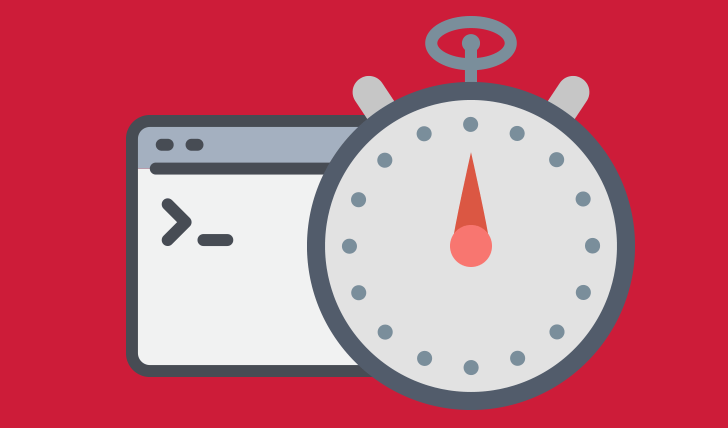
Table of Contents
Cron jobs are scheduled tasks or commands that run automatically at specified intervals on a web server or a Linux/Unix-based system. In web hosting, cron are often used to automate repetitive tasks, such as backups, updating files or databases, sending scheduled emails, or performing maintenance tasks. This helps reduce manual work, keep the website functioning smoothly, and improve efficiency.
Key Features of Cron Jobs:
- Automated Scheduling: Cron allow you to schedule tasks at specific times, days, or intervals (e.g., daily, hourly, or every minute).
- Time Flexibility: You can schedule tasks for any time or frequency, from once a day to once every few minutes.
- Efficiency: By automating repetitive tasks, cron save time and reduce the chance of errors due to manual execution.
- Customizable Commands: Each cron executes a specific command or script, which can be customized to perform the desired task.
Common Uses of Cron in Hosting:
- Database Backups: Automating regular backups of databases to prevent data loss.
- Sending Emails: Scheduling recurring emails, like newsletters, reminder notifications, or daily reports.
- Updating Content or Data: Automatically fetching or updating website content, like fetching data from APIs or updating feeds.
- Clearing Temporary Files: Removing temporary or cache files regularly to free up space and improve performance.
- Running Scripts: Executing scripts for maintenance tasks, data processing, or custom reports.
- Data Synchronization: Keeping different databases, files, or systems synchronized with each other.
How Cron Jobs Work:
A cron is created using a syntax called a cron expression, which specifies the exact timing and frequency of the task. Each cron expression consists of five fields representing minute, hour, day of the month, month, and day of the week, followed by the command to be executed. For example:
javascriptCopy code15 2 * * * /path/to/script.sh
This would run the script at 2:15 AM every day.
Cron Job Syntax Breakdown:
- Minute (0–59): Minute at which the task should run.
- Hour (0–23): Hour at which the task should run.
- Day of Month (1–31): Specific day of the month.
- Month (1–12): Month of the year.
- Day of Week (0–7): Day of the week (0 and 7 both represent Sunday).
Each of these fields can also use special symbols:
- Asterisk (*): Any value (e.g., every hour, every day).
- Comma (,): Specify multiple values (e.g., 1,15 for the 1st and 15th minute).
- Hyphen (-): Specify a range (e.g., 1-5 for Monday through Friday).
- Slash (/): Specifies intervals (e.g., */5 for every 5 minutes).
Setting Up Cron Jobs in cPanel:
- Log in to cPanel and go to the Cron Jobs section.
- Choose the time interval or use the common settings dropdown for popular intervals (e.g., every hour).
- Enter the command or script path you want to execute.
- Click Add New Cron Job to save.
Advantages of Cron Jobs:
- Automation: Eliminates the need for manual task execution.
- Consistency: Ensures tasks are performed at precise, regular intervals.
- Time-Saving: Frees up time by automating repetitive tasks.
- Error Reduction: Reduces human error in executing routine tasks.
Potential Drawbacks:
- Resource-Intensive: Frequent cron jobs can put a load on server resources if not managed properly.
- Complex Syntax: Cron expressions can be confusing for beginners.
- Limited by Hosting Plan: Some shared hosting plans limit frequency to prevent server overload.
In summary, cron job are powerful scheduling tools used to automate tasks, ensuring efficient and timely execution of repetitive tasks on a server. They’re essential for tasks like backups, email automation, and script execution, helping users save time and keep their systems running smoothly.